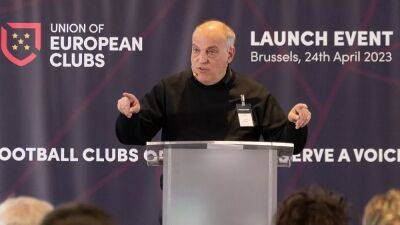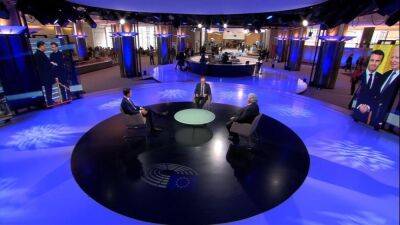Explained: Why the European Union doesn't consider Taiwan as an independent, sovereign country
In the eyes of the European Union, Taiwan is a thriving democracy, a like-minded partner, an open and dynamic economy, an attractive destination for investment and an unbeatable producer of cutting-edge technology that keeps the modern world running.
But despite lucrative trade ties and shared core values, the EU does not recognise Taiwan as an independent, sovereign nation.
Why is that?
According to customary international law, a country must meet four essential criteria in order to attain statehood: a defined territory, a settled population, a functioning government and the ability to engage in diplomatic relations, which effectively amounts to international recognition.
In practice, Taiwan, whose official name is the Republic of China (ROC), fulfils the first three requirements but falls woefully short in the fourth one: the island of almost 24 million citizens has diplomatic relations with only 12 countries, all of them small-sized, and the Holy See.
This lack of endorsement stems from the One China policy, a principle that recognises the People's Republic of China (PRC), based in the mainland and ruled by the Chinese Communist Party, as the sole, legitimate government of the country under the name of China.
The One China policy is today followed by the vast majority of the international community, including the EU institutions and its 27 member states, and its history dates all the way back to World War II.
Watch the video above to find out more.







